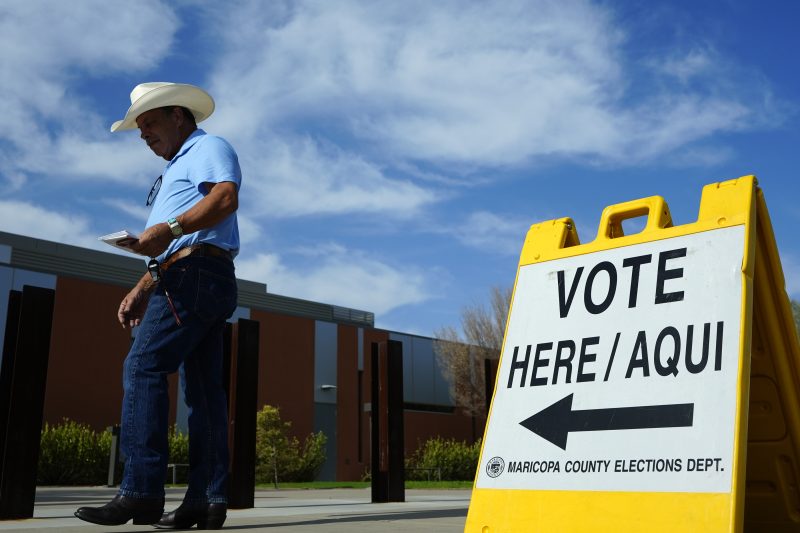In a recent decision, the Arizona Supreme Court ruled that voters in the state who are missing proof of citizenship can still receive full ballots. This ruling comes as a significant development in the ongoing debate over voter identification laws and their impact on voter access.
The dispute arose over Proposition 200, a 2004 voter-approved law that required individuals to provide evidence of citizenship in order to register to vote. Proponents of such laws argue that they are necessary to protect the integrity of the voting process and prevent voter fraud. However, critics contend that these laws disproportionately affect certain groups of voters, particularly minority and low-income populations, who may have difficulty obtaining the necessary documentation.
The Arizona Supreme Court’s decision strikes a balance between upholding the requirements of Proposition 200 and ensuring that all eligible voters have access to the ballot box. By allowing voters who do not have proof of citizenship to receive full ballots, the court is recognizing the importance of protecting the rights of all citizens to participate in the democratic process.
This ruling also highlights the complex nature of the debate surrounding voter identification laws. While it is crucial to safeguard against fraud and maintain the integrity of elections, it is equally important to ensure that these laws do not place unnecessary barriers in the way of eligible voters. Finding the right balance between these competing interests is a challenging task that requires thoughtful consideration and careful analysis.
Moving forward, it will be essential for policymakers, advocates, and the public to continue to engage in constructive dialogue about how to strengthen voter identification laws while also safeguarding the rights of all citizens to participate in elections. By working together to find solutions that promote both security and accessibility, we can help to build a fairer and more inclusive electoral system for all.






















